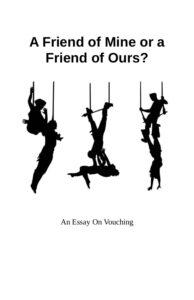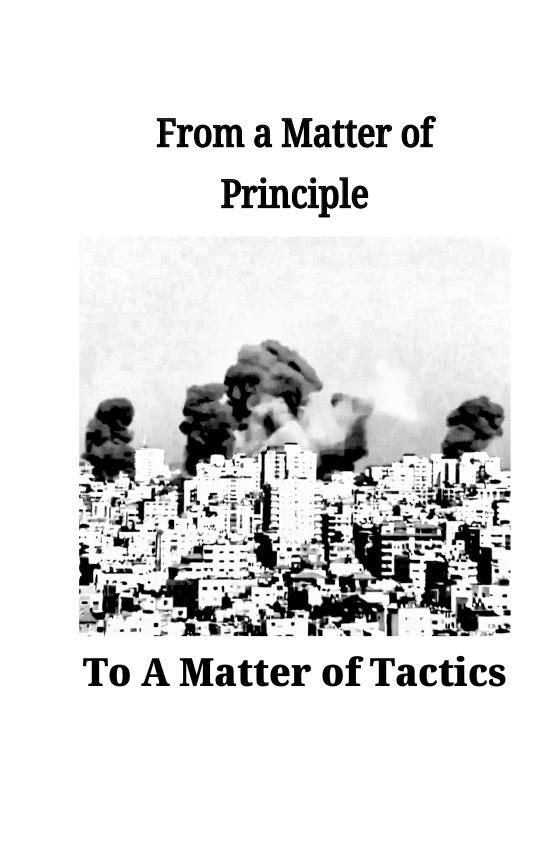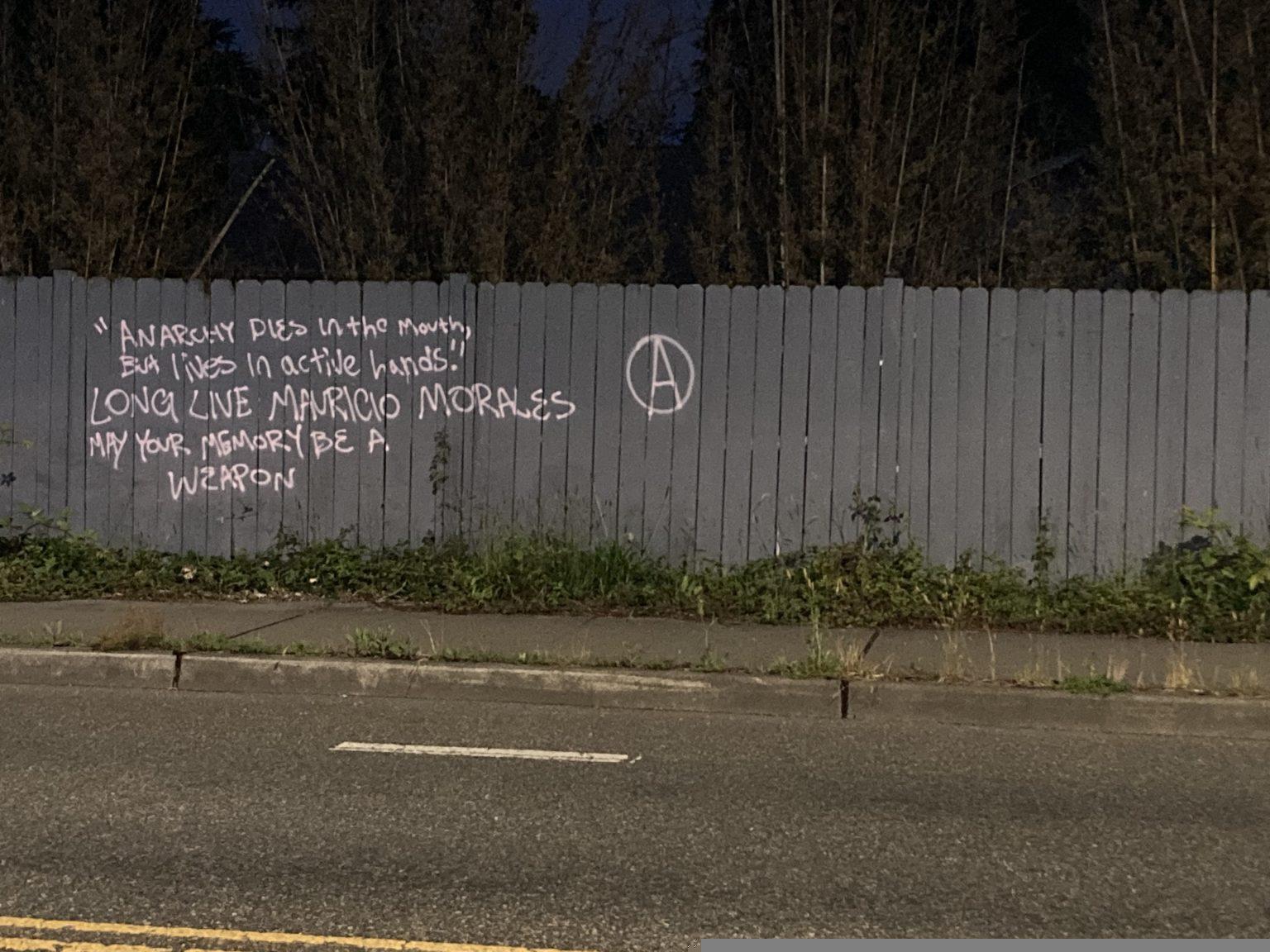“Our task as anarchists, our main preoccupation and greatest desire, is to see the social revolution come about: a terrible upheaval of men and institutions which finally succeeds in putting an end to exploitation and establishing the reign of justice.
For we anarchists the revolution is our guide, our constant point of reference, no matter what we are doing or what problem we are concerned with. The anarchy we want will not be possible without the painful revolutionary break. If we want to avoid turning this into no more than a dream we must struggle to destroy the State and the exploiters through revolution.”
-Alfredo Bonanno, Why Insurrection?
Few anarchists today have any speak of social revolution. Many laugh off or roll their eyes at the mention of it or worse, talk about realism and reform. The few who talk talk about it as if it were a religious desire or an otherworldly force. But what is social revolution, and what is anarchy without the social revolution? A desire, a goal, an over arching project of our entire lives – without it, what are we, what are we doing, and why?
The anarchist movements in the U.S. today are largely a reactive force, always waiting for another movement or uprising to come along to attach ourselves to. Emptying anarchy of its content, anarchists are content to be the militant auxiliary or informal organizational vanguard of social movements or simply sit back and look for forms of anarchy in other peoples and places so we can rest assured that anarchy is a latent impulse in all peoples, that we are less alone than we really are and that it’s a simple matter of time before everything falls into place. If I were to sum it up, I would say that there is a great confusion about what it means to be an anarchist and what it is anarchists aspire to.
The last time I spoke to someone about the idea of revolution the person responded with how it has become such a meaningless word. I couldn’t agree more, but the conclusions we drew from this were totally different. For him it meant that we shouldn’t bother with the idea. For me it means that we must return to the basics of anarchy – reexamine, explore and draw out our ideals to their conclusions and the means to realize them lest they get captured and killed by the enemy like what has happened with once dangerous ideas like Direct Action, Mutual Aid, Anti-Authoritarianism and Free Association.
Our ideals and actions – what anarchism is and what it means to be, act, fight and live as an anarchist – are not static, unchanging things. They must be continually gone back to and re-examined or else we will unconsciously fall into paths and ideas defined and re-defined by those who aren’t anarchists. It’s no different than when we don’t examine our own lives and fall into unconscious patterns and suddenly wake up 5 years down the line somewhere we don’t recognize and someone we didn’t want to be. It’s the same because anarchy, too, must be lived and examined.
So this is my small contribution to the re-examination of anarchy with a particular focus on the concept of social revolution, a long neglected desire gathering dust in the old tomes and broken dreams of anarchists past. I hope to take it out, dust it off a little and rekindle its fire to help us orient ourselves in struggle. Anarchy isn’t merely a beautiful idea to be dreampt about yet never realized but it is a concrete condition of possibility – something that can be realized at any point in time but only if we set about the task of realizing it ourselves. But we will not stumble our way into anarchy, without an idea of the ways and means to get there we will find ourselves in a great confusion, running around in circles conflating ourselves with reform movements, labor movements, leftist movements, helping others realize their goals but finding ourselves no closer to our own. No, we need to know our goals and desires, we need to study and examine the means and processes to actualize them, we need to dig into the grand process of destruction and creation and get re-acquainted with it.
I do this as much for myself as for others because I am tired of half baked ideas leading to half baked action, of being led around by others whims or waiting around for someone or something else rather than concretely moving towards something. Because I am tired of stopping half way because I have no conception of what to do, or what could happen, next.
I can no longer be unsure, I have one life to live and it is what I wager each day I take up the fight for anarchy.
Continue reading “Revisiting Social Revolution in the Aftermath of 2020”




